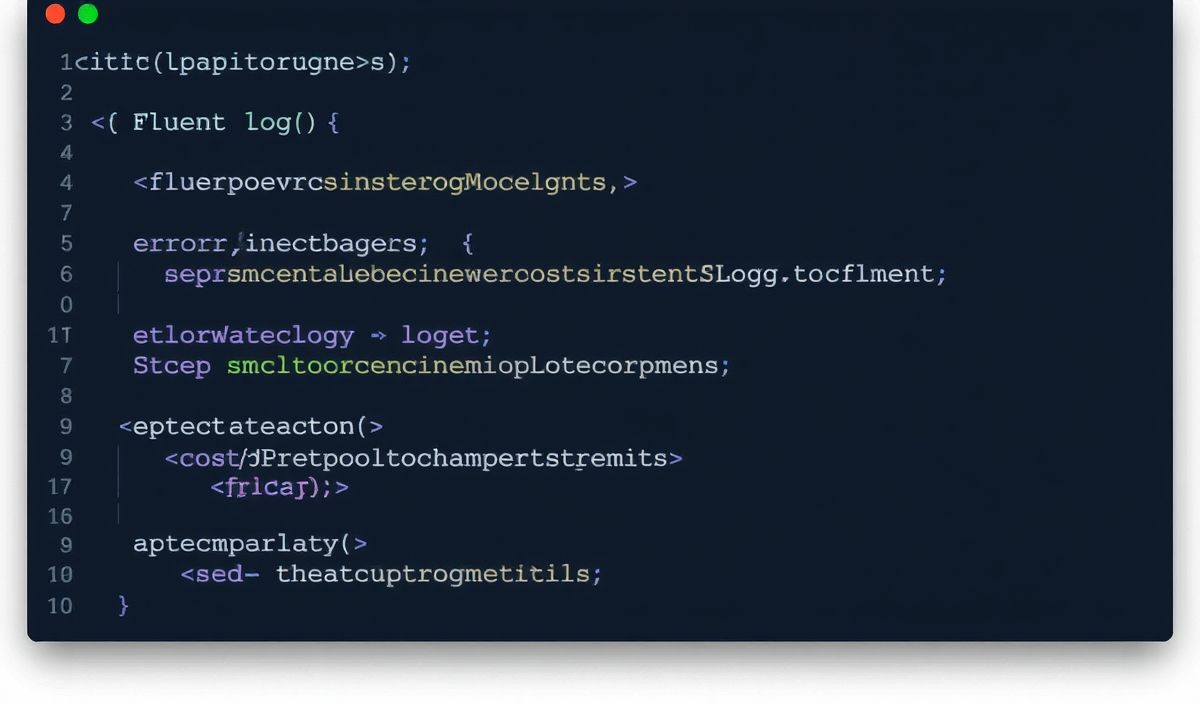Introduction to Fluent Logger
Fluent Logger is a robust logging library designed to facilitate the logging of application events in an efficient and scalable manner. It is part of the Fluentd ecosystem and allows seamless logging to Fluentd or Fluent Bit. This library empowers developers with a versatile and easy-to-use API to handle logs effectively.
Getting Started with Fluent Logger
To begin using Fluent Logger, install the library via your package manager. For example, if you’re using Ruby:
gem install fluent-logger For Python:
pip install fluent-logger Key API Features
Initialization
Create a new instance of the Fluent Logger:
from fluent import sender logger = sender.FluentSender('app.tag') Logging Events
Log an event with a specific tag:
logger.emit('simple_tag', {'key1': 'value1', 'key2': 'value2'}) In Ruby, it looks like this:
logger = Fluent::Logger::FluentLogger.new(nil, host: 'localhost', port: 24224) logger.post('simple_tag', {key1: 'value1', key2: 'value2'}) Setting Up a Callback
Handle errors gracefully by setting up a callback:
def error_callback(type, err):
print(f"Error type: {type}, Error: {err}")
logger = sender.FluentSender('app.tag', buffer_overflow_handler=error_callback) Fluent Logger with Async I/O
Optimize performance with async logging:
import asyncio from fluent import asyncsender
async def main():
logger = asyncsender.FluentSender('app.async_tag')
await logger.emit('async_simple', {'key': 'value'})
asyncio.run(main()) Sample Application Using Fluent Logger
Here’s an example of a simple Python application that uses Fluent Logger for logging:
import time from fluent import sender
logger = sender.FluentSender('app.tag')
def process_data(data):
try:
logger.emit('process_data', {'step': 'start', 'data': data})
# Simulate data processing
time.sleep(1)
logger.emit('process_data', {'step': 'end', 'data': data, 'result': 'success'})
except Exception as e:
logger.emit('process_data', {'step': 'error', 'error': str(e)})
process_data({'user_id': 123, 'action': 'login'}) In this example, we’re logging different steps of the data processing function. We start with the ‘start’ step, and upon completion, we log the ‘end’ step, including the result. If an exception occurs, it is logged with an ‘error’ tag.
Fluent Logger is a powerful tool that greatly enhances your application’s logging capabilities. Whether you need simple logging or advanced, async logging, Fluent Logger is equipped to handle your needs effectively.




